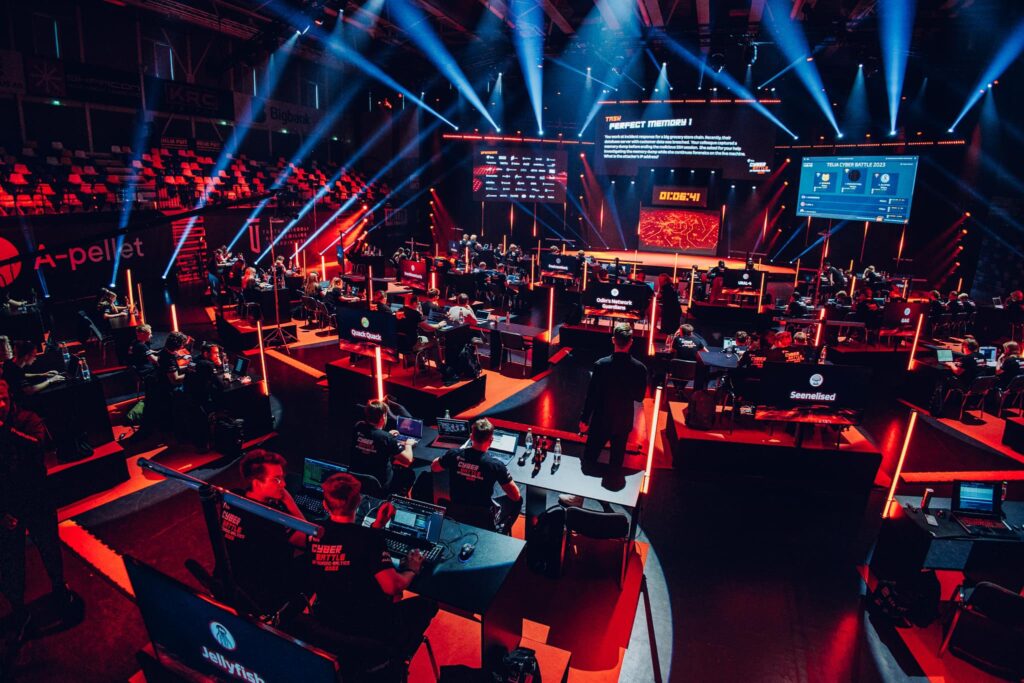Organised by the Nordic Council of Ministers’ Office in Estonia and the Estonian cyber-education start-up, CTF Tech, Cybercation aims to revolutionise how we approach cybersecurity education.
This article is published in partnership with CTF Tech.
On 11 November, Tartu, Estonia’s second largest town, hosted Cybercation 2023, a forum focused on providing the societies with more cyber experts. According to the organisers, cyber education requires greater attention.
“We need more well-educated cyber professionals who can enhance the safety and trustworthiness of our digital world. Presently, there is a need for a future cybersecurity workforce. The rising threats to our digital systems have a significant impact on all aspects of everyday life, with news reports frequently highlighting attacks, financial losses, and identity fraud. These issues are primarily due to inadequate security measures and a lack of basic cyber hygiene,” Mario Mäeots, the digital learning content developer of CTF Tech, told Estonian World.
The goal of the Cybercation, in collaboration with CTF Tech and the Nordic Council of Ministers’ Office in Estonia, is to support education and bring fresh knowledge to educators.
“Our forum concept is centred on uniting interest groups to encourage discussions, knowledge sharing, and initiating an idea pool and community building within the Baltic-Nordic region. We bring together educators, policymakers and entrepreneurs from all Baltic states and Nordic countries,” Mäeots explained.
This year’s Cybercation 2023 marked the second iteration of the event. Last year, the discussions focused on assessing the general state of cybersecurity education in schools and universities, leading to the initiation of a methodological endeavour.
This year’s theme centred on gamification as a method for learning cybersecurity topics. The forum was closely linked to the competition Telia Cyber Battle of Nordic-Baltics 2023, in which teams work to solve cyber security tasks to find a “flag” – a crucial keyword.
“Metaphorically, education is also on a mission to find its own ‘flag’ as a solution to challenges, particularly in addressing the shortage of cybersecurity professionals,” Mäeots noted.

The forum featured three keynote speakers. David Olgart introduced Swedish initiatives through Cybercampus Sweden, shedding light on the cyber education landscape in Sweden. The second speaker, Lauri Tankler, provided insights into Estonian students’ and schools’ perspectives on cybersecurity. In contrast, the third speaker, Mihkel Tikk, shared the Estonian Defence Force’s insights regarding youth and society in the context of cybersecurity.
In addition, Peer Heldgaard Kristensen, hailing from Denmark, presented collaboration examples, and Iiris Tuvi, a science fellow at the University of Tartu, added an academic touch by offering a study on girls’ interest in studying cybersecurity.
The highlight was the panel discussion, where the panellists explored the possibilities of gamification in the cybersecurity learning process.

